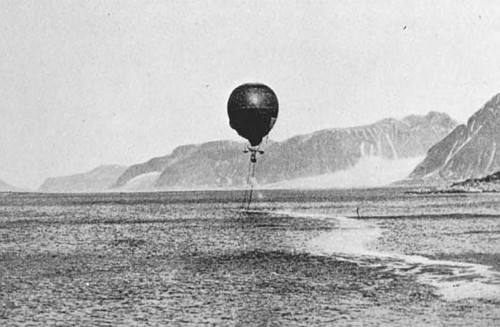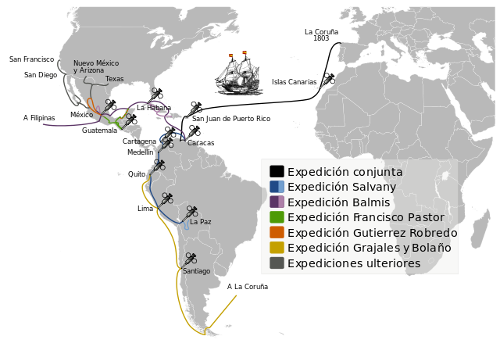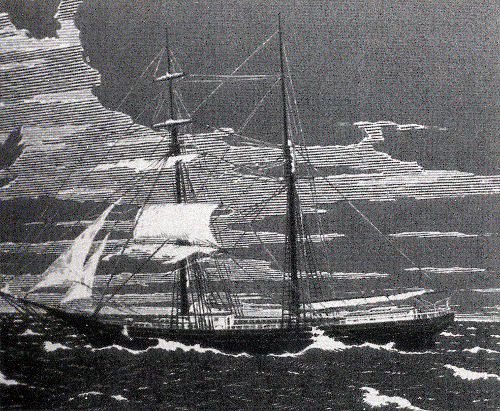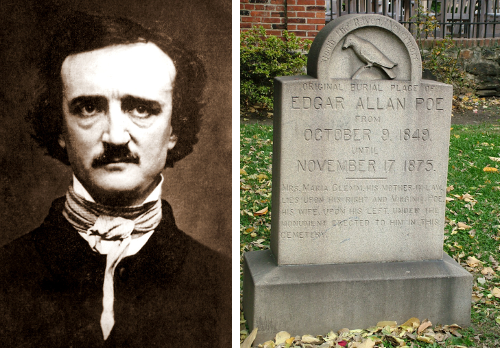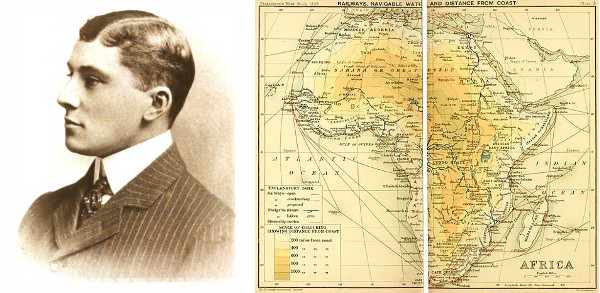
When Ewart Grogan was denied permission to marry his sweetheart, he set out to walk the length of Africa to prove himself worthy of her. In this week’s episode of the Futility Closet podcast we’ll find out whether Ewart’s romantic quest succeeded.
We’ll also get an update on the criminal history of Donald Duck’s hometown, and try to figure out how a groom ends up drowning on his wedding night.

